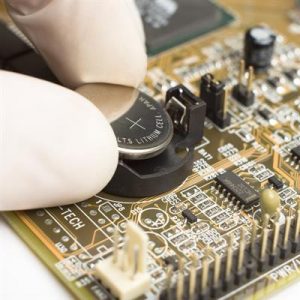Invitation to Submit: Special Issue in Frontiers in Soft Matter

Special Issue Topic: Structure and Dynamics of Solvent-Free Polymer Electrolytes
Despite extensive use in numerous applications including electric vehicles, electronics, and energy storage systems, batteries face serious concerns regarding safety, efficiency and changing speed. These issues are directly related to the performance of the electrolyte membrane as it mediates the ion motion between the electrodes. Current (Li-ion) batteries commercially utilize liquid and gel electrolytes as they naturally provide high ion mobility, yet they contain a large amount of volatile and toxic solvents, display weak mechanical barriers and promote lithium dendrite formation. To overcome these problems, there has been a global research effort to design solvent-free solid polymer electrolytes as they offer significant advantages such as high flexibility, good processability, large electrochemical window, and superior energy density. Besides, polymer electrolytes can be easily adaptable to biosystems, thus allowing advanced battery applications for wearable electronics.
Designing polymer electrolytes with conductivity compatible with the liquid, and gel electrolytes, without compromising the mechanical strength is extremely challenging as the ion mobility and segmental dynamics are often coupled dynamically. This Research Topic will bring together recent theoretical and experimental progress in developing solid polymer-based electrolytes with high ionic conductivity and mechanical strength. Polymer physics-based approaches for understanding the ion conduction mechanisms in neat solvent-free electrolytes, elastomers, block biopolymers and blends, and additional functionalities such as biocompatibility, flexibility, self-healing, biodegradability, recycling, stimuli-responsiveness are most welcome.
We welcome General Commentaries, Mini Reviews, Original Research, Perspectives and Reviews. Areas to be covered in this Research Topic may include, but are not limited to:
-Ion conduction mechanism in polymer electrolytes
-Nanocomposite electrolytes
-Block copolymer electrolytes
-Mechanical/rheological properties of polymer electrolytes
-Nanostructured electrolytes
-Self-healing electrolytes
-Biodegradable polymer electrolytes